“Are we in a post-denominational world?” the rabbi asked. “That’s above my pay grade.”
But the speaker, Rabbi Rick Jacobs, president of the Union for Reform Judaism, said one thing is for sure during his keynote address at the annual seminar held by the transdenominational Board of Rabbis of Southern California.
“The brand loyalty is not what connects people to life or disconnects people from Jewish life,” he said. “People want the real embers of our tradition.”
Jacobs shared his thoughts with more than 150 rabbis and rabbinical students of all denominations who convened for a day of learning and networking at the pre-High Holy Days conference. The event took place Aug. 13 at Stephen S. Wise Temple.
Stressing the need for unity within the Jewish community during his keynote, “Leading Change at the Crossroads of Jewish Life,” Jacobs’ appearance was a highlight of an event that has become a rare opportunity for rabbis of different denominations to mix and mingle and learn from their peers.
One session, “Gun Violence Prevention: A Public Health Approach,” featured a panel with Rabbi Aaron Alexander, associate dean of the Ziegler School of Rabbinic Studies at American Jewish University; Loren Lieb, a Los Angeles County Department of Public Health worker; and UCLA School of Law student Charles Sarosy exploring the issue of gun violence through religious, public health and legal lenses.
[Related: Q&A with Rabbi Rick Jacobs]
During the 55-minute session that was moderated by Rabbi Jonathan Hanish, of Reform synagogue Kol Tikvah in Woodland Hills, Alexander said it is important for rabbis, in their High Holy Days sermons, to acknowledge recent mass shootings at places like Sandy Hook Elementary School in Connecticut.
“I honestly don’t think we can go through a High Holy Days season [without addressing gun violence],” he said. “There’s a way to do it without congregants feeling we’re being too political.”
Other sessions at the event included “Non-Kosher Meat, Self-Esteem and Yom Kippur,” “Texts From Tradition — Preparing Ourselves to Lead Our People in Prayer” and “The Purpose and History of Childhood in Judaism.” They were led by Rabbi Jason Weiner of Cedars-Sinai Medical Center, Rabbi Denise Eger of Congregation Kol Ami in West Hollywood and Rabbi Zoë Klein of Temple Isaiah in West Los Angeles, respectively.
Additional speakers over the course of the day included David Siegel, consul general of Israel in Los Angeles, and Jay Sanderson, president and CEO of The Jewish Federation of Greater Los Angeles. David Suissa and Rob Eshman, the Journal’s president and editor-in-chief/publisher, respectively, presented on GeneTestNow.com, a local initiative for universal Jewish genetic screening.
Rabbi Jonathan Jaffe Bernhard, president of the Board of Rabbis and spiritual leader at Conservative shul Adat Ari El in Valley Village, gave closing remarks.
A number of attendees expressed excitement about the opportunity to get out and learn from their peers.
“It’s all the rabbis from different traditions and streams of life coming together studying, arguing, sometimes challenging each other, and hopefully sparking ideas for sermons and messages that seem meaningful for the High Holy Days,” Rabbi Steven Carr Reuben, senior rabbi at Reconstructionist synagogue Kehillat Israel in Pacific Palisades, told the Journal.
Despite the wide variety of topics available, one was noticeably absent from this year’s event: sermon writing. It’s no easy task at any time, let alone during the High Holy Days. That’s why, for the past two years, the conference has provided the opportunity for clergy to sit down with pros — Hollywood screenwriters — and workshop their sermons.
This year, however, it was too “time consuming” to put together the session, known as “Punching Up Your Holiday Sermons,” and so it was left out of the agenda, said Jonathan Freund, interim executive director of the Board of Rabbis and conference organizer. But the Board of Rabbis is “interested in bringing it back” at some point, he said.
While praising the diversity of rabbis that the conference draws every year from its 300 members, Freund acknowledged that more Reform rabbis attended than from any other denomination. This reflects the makeup of the organization’s membership, which could include more clergy from other denominations, particularly Orthodox, he said.
“We have a mix of gender balance, as best we can, and also denominational balance and subject or content balance [at the conference]. We’re not always perfect on all of those, but we do our best to really show the pluralistic range of the Board of Rabbis,” Freund said.
Even without getting to hang out with Hollywood writers, there was still plenty for people like Gregory Metzger, a rabbinical student at the Academy of Jewish Religion, California, to enjoy.
“I come to the conference every year to meet amazing people and to learn beautiful things,” he said.










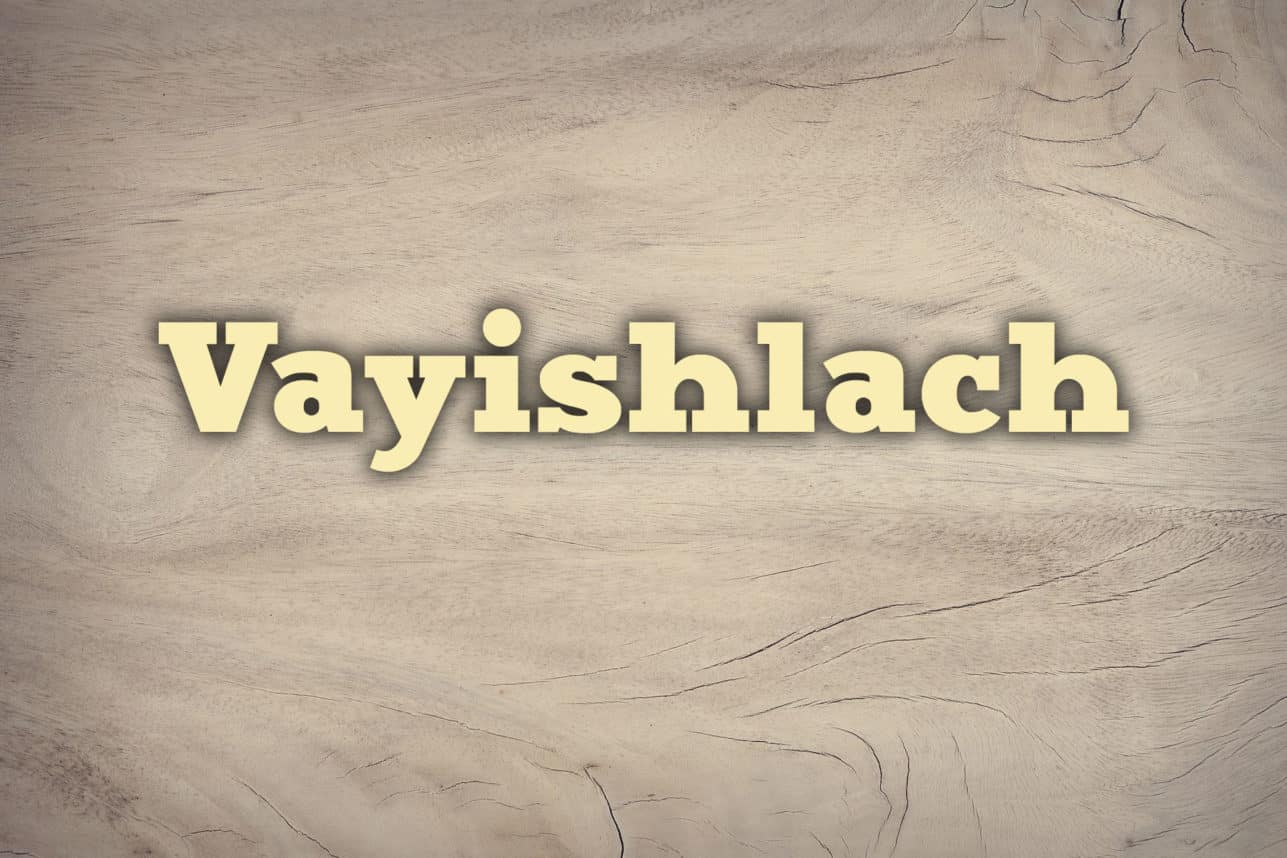



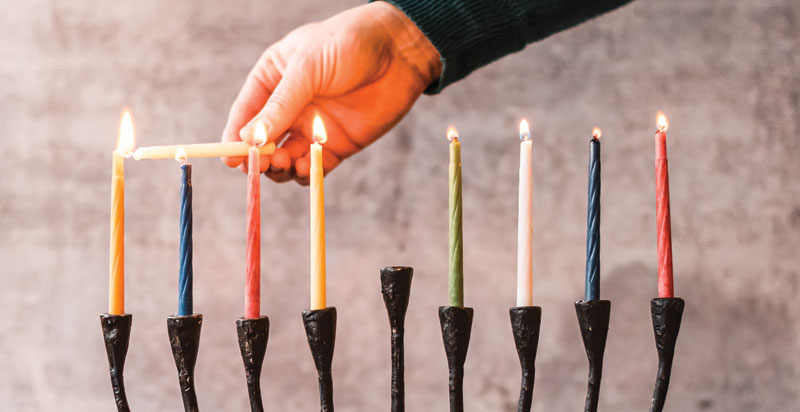
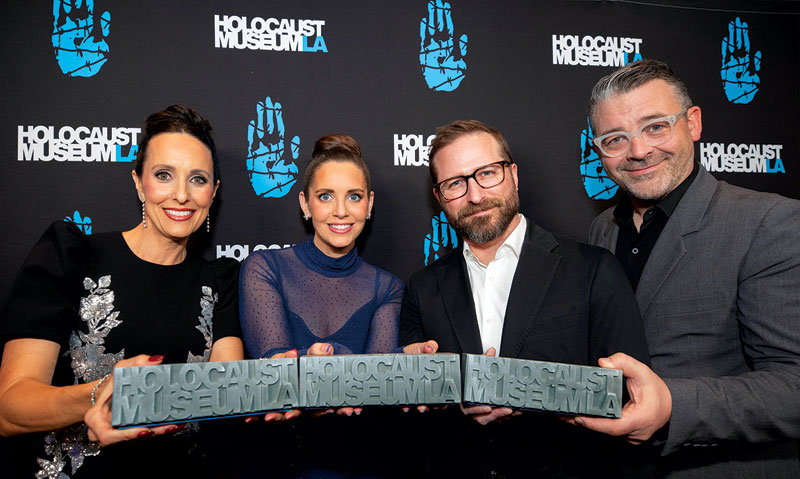
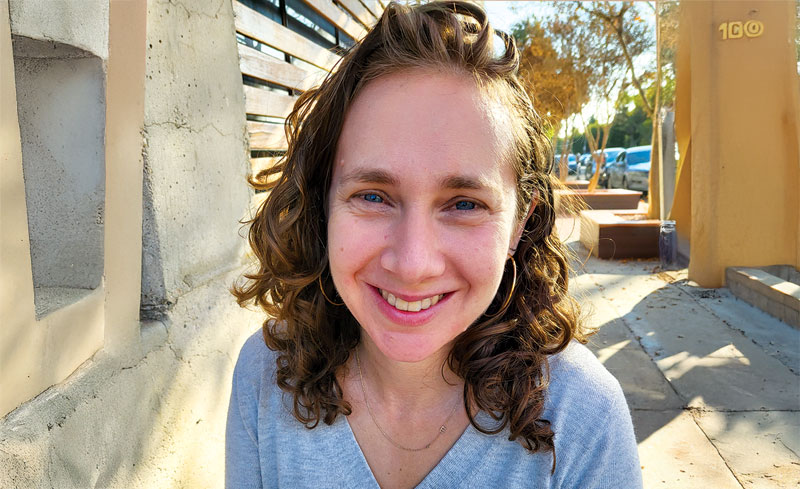
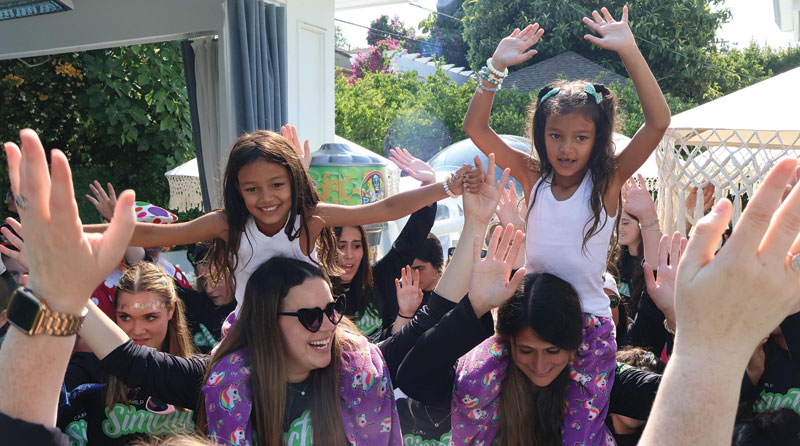





 More news and opinions than at a Shabbat dinner, right in your inbox.
More news and opinions than at a Shabbat dinner, right in your inbox.